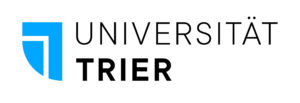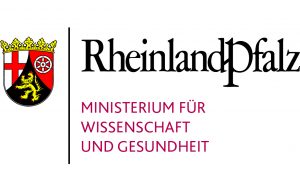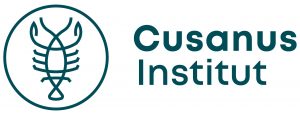„Presenting Information in Medieval and
Early Modern Treatise Literature“
Abstract
Historical disciplines of the humanities essentially rely on information about the past. At the same time, historical figures, too, relied on information in their daily life and work: they collected, stored, and processed information – and that is to say: large amounts of information. The vital question of how to deal with big data is not exclusively modern but bears early modern as well as pre-modern relevance and has been a central theme across common boundaries of historical periods.
A pivotal aspect of the historical (indeed: of any) engagement with information is its presentation. The way in which information is presented obtains its particular significance with its increase in quantity and complexity alongside a potential, even dangerous, decrease of consistency and conformity. While there may be strategies to safeguard structure and maintain order in larger environments such as libraries (to pick just one example), the question about how information ought to be or is best presented is all the more pertinent in contexts that may call for at least some kind of coherence, contexts such as the composition of a treatise.
The Summer Talks 2021 lecture series of the Trierer Kolleg für Mittelalter und Frühe Neuzeit (TriKo) aims at investigating how information was presented in Medieval and Early Modern treatise literature. The initiative is interdisciplinary – with contributions from diverse fields such as history alongside art and legal history, the history of science and of literature, linguistics, society, and architecture – and features talks of various methodological approaches in which the presentation of information may be addressed, for example, as a heuristic tool, as an intrinsic feature, or as an independent object of reflection within historical treatises as well as in terms of diachronic changes and developments in presenting information.
Coordination: Folke Gernert, Andreas Lammer and Claudine Moulin
Veranstaltungsübersicht
TriKo-Talks im Wintersemester 2021/2022
11. November 2021, Beginn: 19.30 Uhr
Oliver Overwien (Berlin), Baumdiagramme allüberall: Medizinische Lehrwerke in Spätantike und Mittelalter
25. November 2021, Beginn: 19.00 Uhr
Michel Pauly (Luxemburg), Städtische Rechnungsbücher als Quelle zur mittelalterlichen Informationspolitik am Beispiel der Stadt Luxemburg
Natalia Filatkina (Universität Hamburg), Information und ihre Strukturierung in frühneuzeitlichen Fremdsprachenlehrwerken
Ann Blair (Harvard University), The Enduring Appeal of Composite Books
María José Vega (Universitat Autònoma de Barcelona), Browsing Information in Early Modern Europe: The Index Rerum in the Early Sixteenth Century (Vortrag entfällt)
Unser gesamtes Programm zum Download steht Ihnen hier zur Verfügung: TriKo_Winter_Talks_2021_gesamt
********************************************************************
Veranstaltungsübersicht
TriKo-Talks im Sommersemester 2021
22. April 2021
Christina Van Dyke (Grand Rapids), “Information Coding in Medieval Visionary Literature: Truth Hiding in Deep Sight?”
06. Mai 2021
Beate Fricke (Bern), “Wissen über die Welt – Illuminationen in enzyklopädischen Traktaten des Spätmittelalters”
20. Mai 2021
Sabine Frommel (Paris), “Der Traktat Sette Libri d’architettura (1537f.) von Sebastiano Serlio und seine Ursprünge: Die Entwicklung neuer Strategien der Präsentation”
10. Juni 2021
Emilio Blanco (Madrid), “Spiritual physician for all states of persons: the manuals of confessors in the Modern Age as a source of research”
24. Juni 2021
James Hankins (Harvard), “The Historico-prudential Method of Humanist Political Writing”
08. Juli 2021
Charles Burnett (London), “The Varieties of Astrological instruction Books in Manuscript and Print”
Interessierte sind herzlich willkommen!


